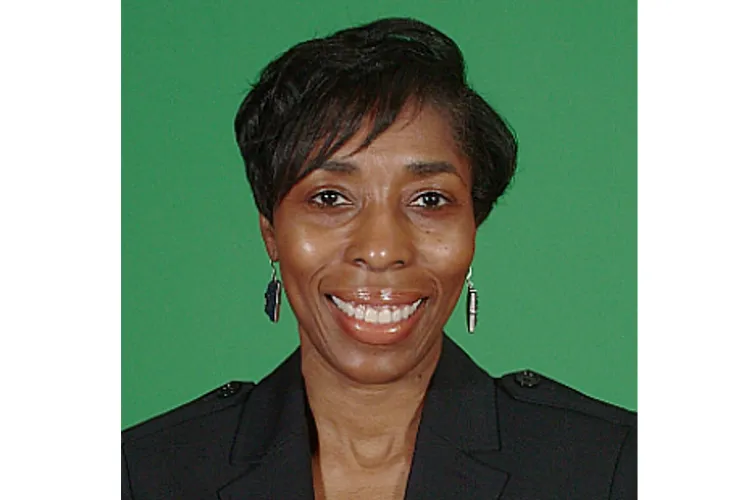
Virtual School is Real School
Wendy Baldwin led Universal Creighton Charter School’s virtual learning since March 2020 and kept expectations high among her students and faculty.
“You could focus only on the pandemic, racial injustice, and all the things that occurred in this extremely difficult year. Or you could focus on how we are still a school, and our job is to educate students. Yes, we had to course correct, make adjustments, and be sympathetic and empathetic to everything that happened in our world, but our job ultimately is to educate students.”
When the pandemic began, Baldwin focused on the aggressive distribution of technology and tech support as a critical strategy to keep students engaged and focused. Baldwin further prioritized connectivity this academic year by purchasing programming to assess students and maintaining the integrity of literacy and math instructional blocks.
Baldwin realized that she needed to balance educational interventions with relationship management to continue student growth. She hosted monthly parent meetings and daily office hours with teachers. Baldwin repurposed staff to monitor attendance and make follow-up phone calls to every home of a student who didn’t log-in, which increased daily attendance. She shifted how she worked with teachers and met one-on-one with every faculty member three times this year, as opposed to just once. Baldwin reflected on the increased frequency saying, “I don’t know if I gave faculty the level of support they needed before the pandemic. I used what I learned from Neubauer to make these meetings more structured and incorporated my ‘story of self.’” Baldwin built deeper relationships through that approach, and her meetings “ultimately became richer and more engaging for me and my faculty, which made such a difference.”
She also realized that courageous conversations, as encouraged in the Neubauer Fellowship, were crucial to building authentic community during a year in which race and equity became core issues in and out of the classroom. “Schools are a microcosm of society, so it was important to emphasize conversations about race and inequality with our students and teachers. We undertook a schoolwide reading and discussion of ‘White Fragility.’ While that was hard work, it was rewarding because it opened many important avenues of dialogue among our school community. If technology is here to stay post-COVID, these types of courageous conversations around race and equity should also stay.”
In preparation for next year, Baldwin made the strategic decision to give the PSSA, the state’s standardized tests, this year. “I view giving the PSSA now as a win and as a data point from which to begin next year. It was a month-long process to prepare the school to have students in person, but it forced us to do the work needed in anticipation for September. More importantly, it’s been such a joy to have the students in the building again, and that mental boost allows us to end the year on a positive note of team building, community, and family.”